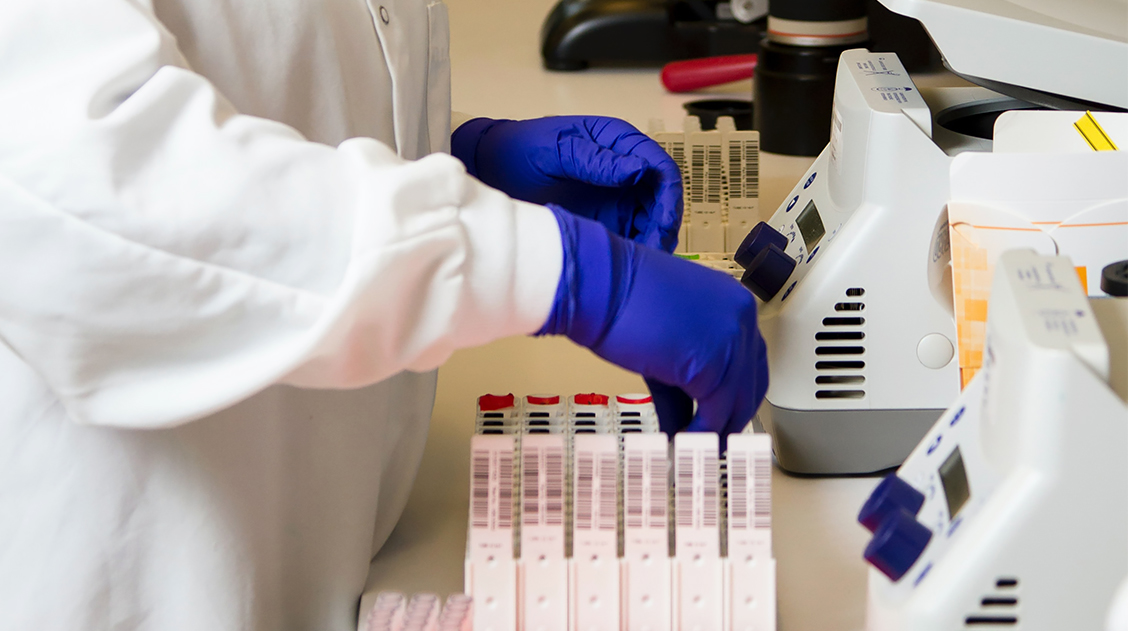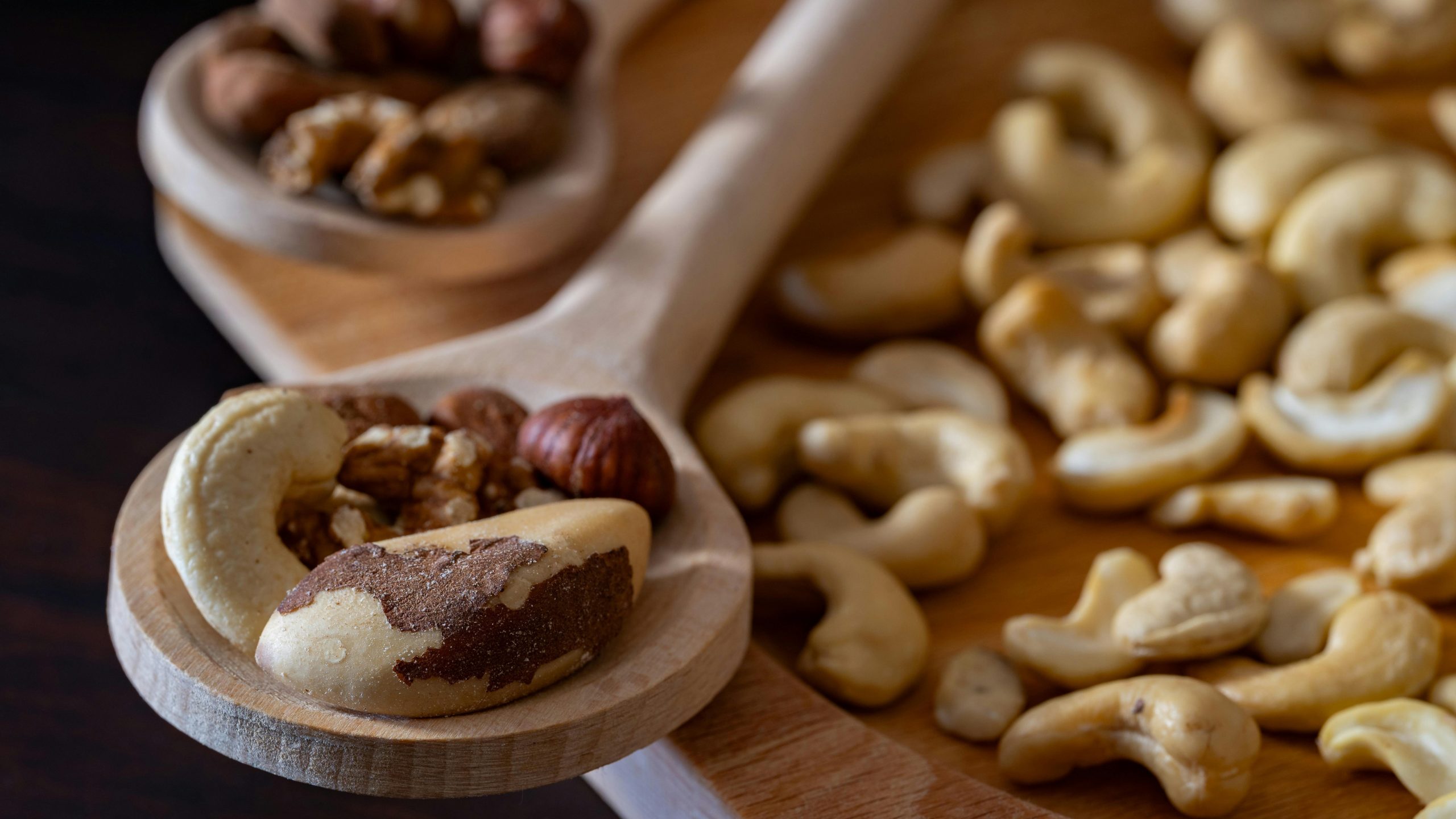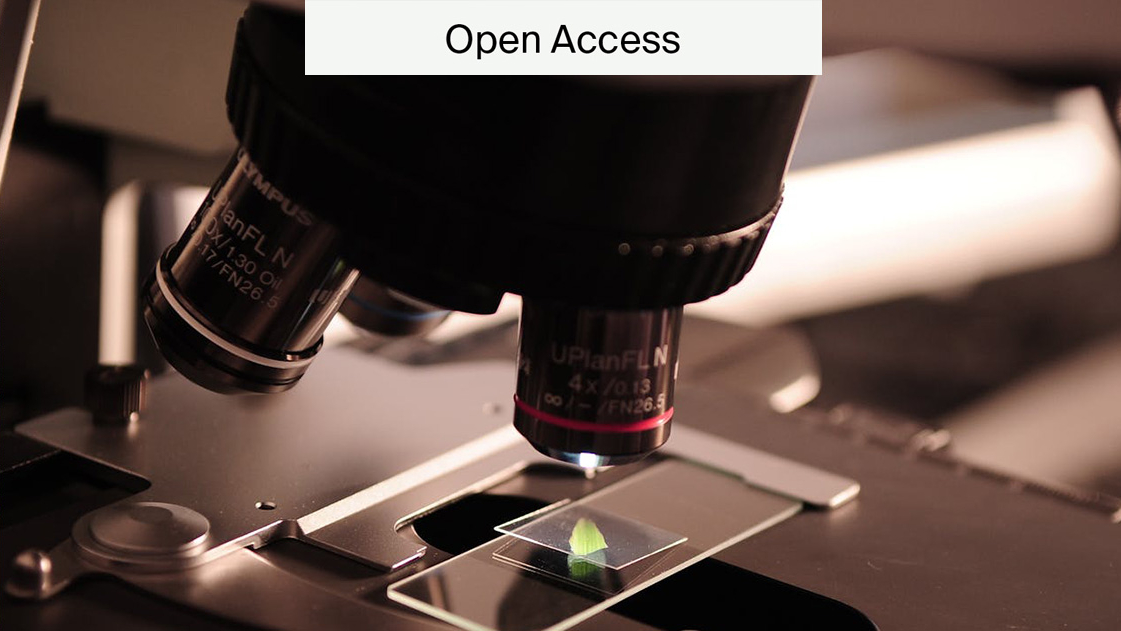
New Techniques to Improve Breast Cancer Survival
Research published in MDPI’s journals has led to some of the most relevant and novel advances in fields important to the human condition and the environment around us. Here, we explore the topic of breast cancer survival.
One such paper, ‘Hyperactivation of MAPK Induces Tamoxifen Resistance in SPRED2-Deficient ERα-Positive Breast Cancer’, has just been published in Cancers. MAPK is an acronym for mitogen-activated protein kinase, whereas SPRED2 is sprouty-related EVH1 domain-containing 2. The research reveals a new method to improve breast cancer survival rates among those who are prescribed tamoxifen.
Interview with Dina Hany

Dina Hany, co-author, explains, “Despite the success of the current endocrine therapies for breast cancer, a large proportion of patients become resistant or experience the recurrence of more aggressive tumours […] Our research aims to unravel the genetic factors that determine responses to therapies and establish solutions to the current clinical challenges.”
Published on 14th February 2022 by Hany and her co-authors, the research explains how the drug tamoxifen, a selective oestrogen receptor modulator, has been used for almost half a century to prevent the growth of tumours in the breast. Breast cancer can dramatically worsen in a short amount of time, as tumours grow bigger with the amount of oestrogen produced by the body. Tamoxifen slows oestrogen production, reducing the rate of increase of these tumours.
As cited in ‘Investigation of the Antitumor Effects of Tamoxifen and Its Ferrocene-Linked Derivatives on Pancreatic and Breast Cancer Cell Lines’ in Pharmaceuticals, hundreds of thousands of lives have already been saved by tamoxifen therapy.
Limitations
However, like most treatments, tamoxifen has some limitations. It is only successful in 60% of patients. The other 40% of patients have tumours that eventually become resistant to tamoxifen, making it ineffective.
Many additional treatments have been suggested in research to enable tamoxifen to do its job more effectively.
Hany et al.’s study discovers that higher amounts of the protein SPRED2 can dramatically improve the likelihood of positive outcomes. The manuscript therefore advocates for combination therapy with tamoxifen and ulixertinib, an ERK inhibitor, in patients who have oestrogen-dependent, SPRED2-deficient breast cancer.
Hany further explains that “by closely investigating the molecular consequences of SPRED2 deficiency, we spotted the hyperactivity of two major regulators of breast cancer cell proliferation—MAPKs and oestrogen receptor signalling. We found that the dual targeting of these factors could overcome resistance to tamoxifen monotherapy in the case of SPRED2 deficiency.”
Other research in this vein has led to discoveries of various other promising treatments for tamoxifen resistance. A paper published in Cells revealed that NR4A1 could also be a possible partner for tamoxifen, to reduce the high level of resistance. It does this by inhibiting the ERK signalling pathway in a similar way to ulixertinib.
It is still early in the research process when it comes to tamoxifen and overcoming resistance to it. Nevertheless, these are promising research outcomes and building blocks towards an ultimate cure for breast cancer, saving over 600,000 lives worldwide each year.
Further research on breast cancer survival
When it comes to the future of tamoxifen sensitivity research, Hany says, “Including a genetic test for SPRED2 expression prior to therapy could make the therapeutic choices clearer. The drug cocktail described in our study is already being tested in clinical trials, although further in vivo studies are required.”
To this end, MDPI encourages the submission of research related to overcoming limitations associated with tamoxifen, as well as other cancer-related research that has the ability to improve prognoses. See our full list of journals here.











Great work! Bravo 👏